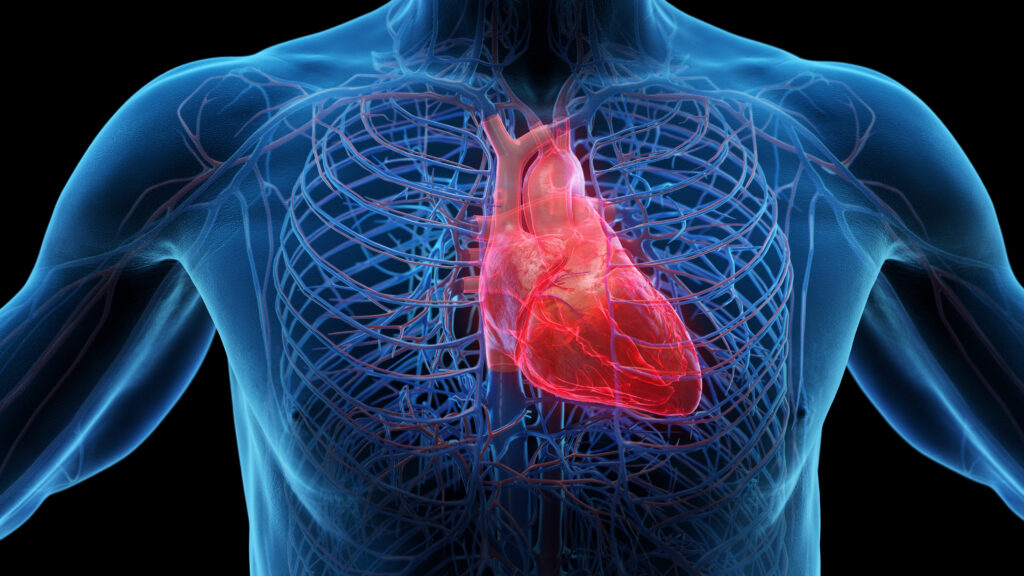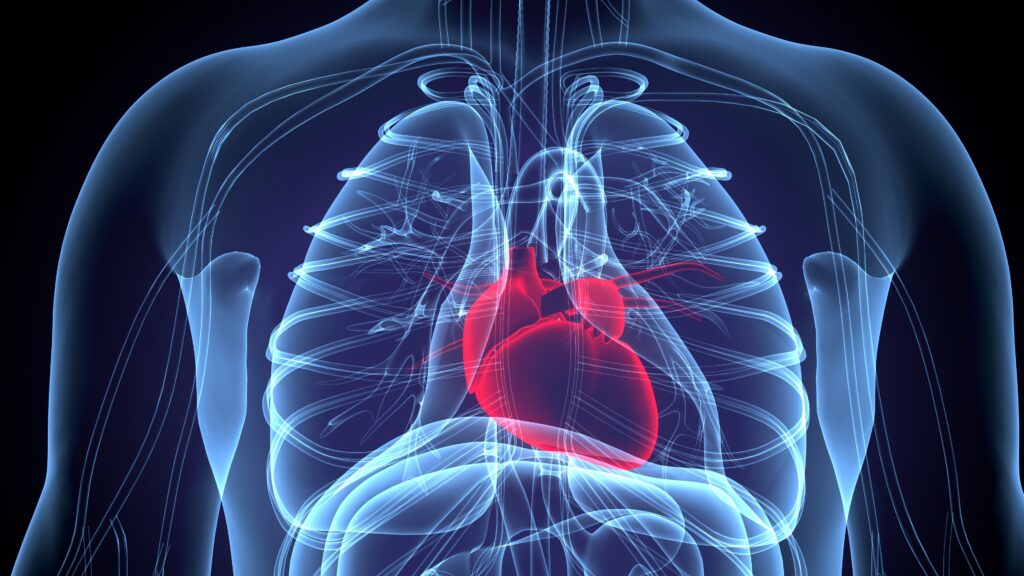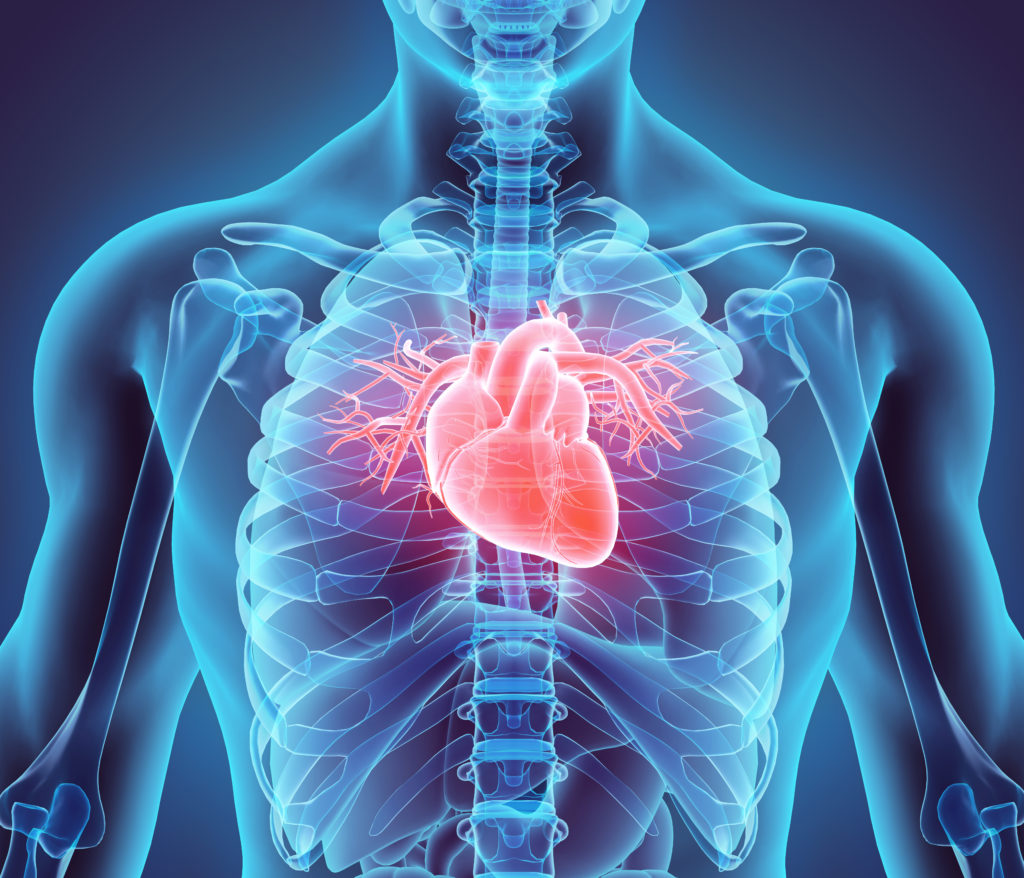Introduction: Crucial for future healthcare delivery is supporting people in self-management. Postural tachycardia syndrome (PoTS) is considered to be underdiagnosed and under-treated, yet has a high impact on disability and quality of life comparable to other long-term conditions. This study addresses the gap for a PoTS-specific supportive self-management programme. The aim was to co-design and co-refine the SSPoTS intervention utilising co-production methods.
Methods: The three Co’s framework underpins the programme of research. The first phase of co-refine has been previously carried out through in-depth interviews (n=44) to understand potential intervention components from people with PoTS (n=19) and healthcare professionals (n=25). Potential intervention components from the first phase were mapped to the PRISMS taxonomy of self-management support. In workshop one, phase 2, six priorities were co-designed for the SSPoTS intervention manual. The broad descriptors and rationales are:
- education about PoTS and clinical management – the key to empowering people is education and understanding PoTS;
- PoTS lifestyle advice – lifestyle advice and learning methods of adherence form the cornerstone of PoTS management;
- validation of PoTS experiences – experiences of poor PoTS healthcare and support mechanisms are widespread;
- reliable resources – people with PoTS want reliable PoTS;
- psychological support – PoTS is often a long-term condition requiring psychological adjustment; and
- communication with social networks – living with PoTS can be isolating.
This study reports phase 2: co-refining of the intervention manual through consensus methods. University of Warwick sponsorship and HRA ethical approval was gained. Purposive sampling was used to recruit people with PoTS from the PoTS UK charity (n=9), charity representative (n=1), health care practitioners (n=1) and SSPoTS public and patient advisory board representatives (n=2). The SSPoTS phase 2 co-refining workshop was facilitated online for 3 hours. Discussion focused on refinement of the co-designed manual circulated for review prior to the workshop. Consensus was sought utilising the nominal process’ four step method and rank scoring:
- generation of areas for co-refining;
- participants shared one co-refining area each. The process utilised a “round robin” technique, until all potential refinements were identified;
- the group explored the identified refinements in step 2; and 4. anonymous voting took place. Each person ranked their top 5 refinement in order from 5 (highest priority) to 1 (lowest priority).
Results: Five areas for manual refinement were identified:
- manual layout: need for improving learning styles through visual aids, sessions’ summary tables, user friendly fonts and use of speech bubbles for self-reflection;
- manual format: improve sessions accessibility through informal methods and digital formats;
- intervention components: incorporate caveats on lifestyle changes and a PoTS flare-up action plan;
- intervention delivery: need for micro-breaks supporting reflection and participation; and
- supportive mechanisms: facilitate resources for further support at programme close.
Conclusions: This is the first evidence-based intervention being coproduced to support the self-management of people with PoTS. The SSPoTS manual will now be feasibility tested in phase 3 with a focused process evaluation. ❑














